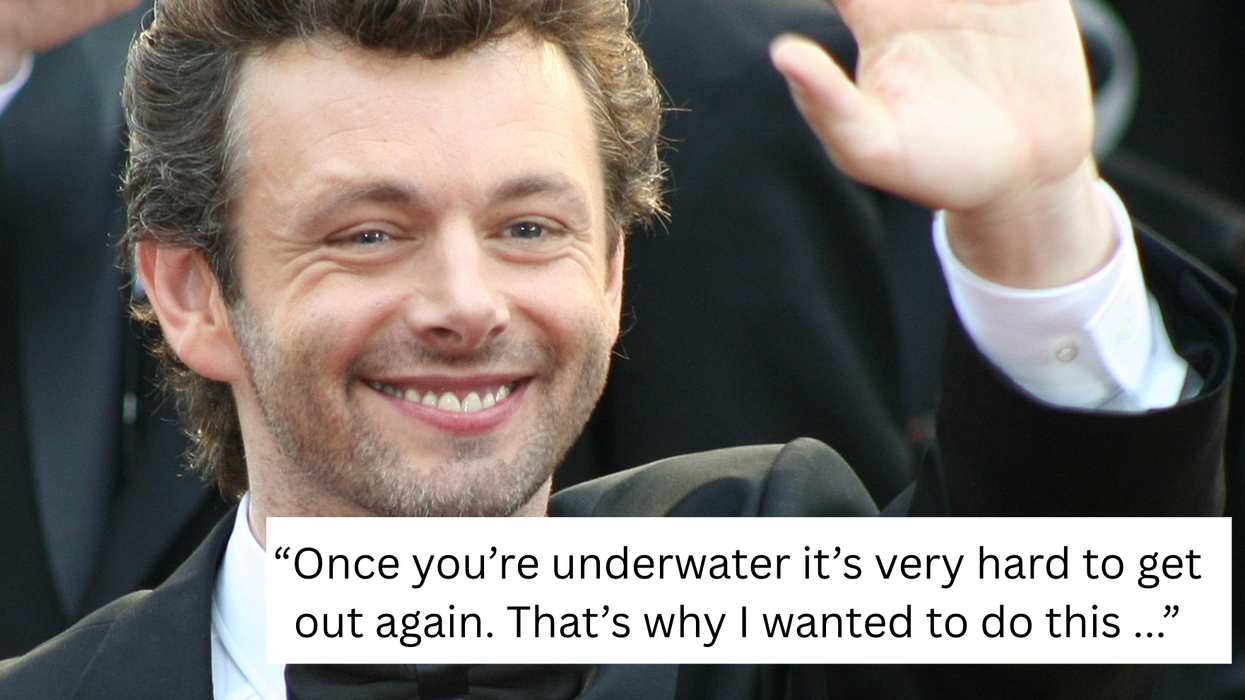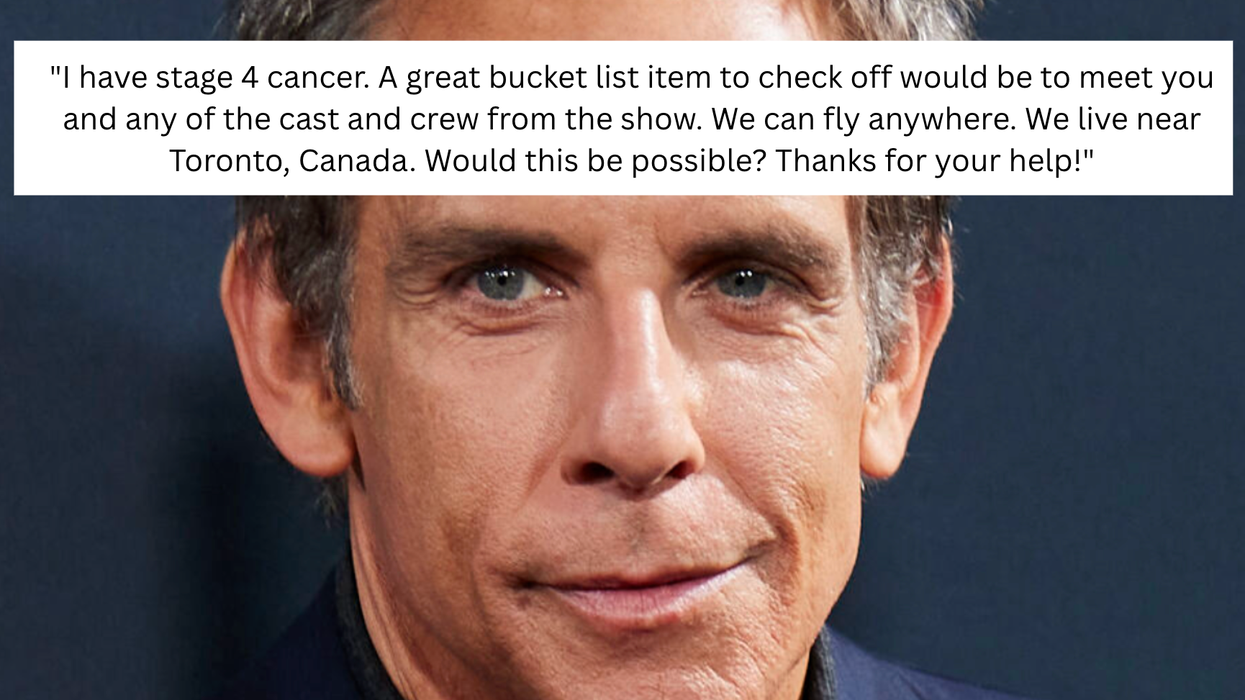Former first lady Michelle Obama may have summed up our nation’s feelings about President Trump in one simple, succinct sentence:
“What is wrong with you?”
Technically, Obama was speaking out about the Trump Administration’s efforts to scale back her healthy lunches program, “Let’s Move,” in public schools across America. Agricultural Secretary Sonny Purdue recently said that the White House was responding to opposition to new health standards, but basically just admitted it was only kids complaining about eating their vegetables.
“How about we stop asking kids how they feel about their food, because kids, my kids included, if they could eat pizza and french fries every day with ice cream on top and a soda, they would think they were happy, until they get sick,” Obama said.
Though Obama didn’t mention Trump by name, she was clearly referencing the president when speaking to the Partnership for a Healthier America conference in Washington, D.C., about our nation’s school lunch program:
“You have to stop and think, 'Why don't you want our kids to have good food at school? What is wrong with you, and why is that a partisan issue?” Mrs. Obama said. “Why would that be political?”
















 Gif of Bryan CRanston being angry via
Gif of Bryan CRanston being angry via 


 Hungry and ready.Photo credit
Hungry and ready.Photo credit  The mac and cheese staple presentation.Photo credit
The mac and cheese staple presentation.Photo credit  Pizza ready from the oven.Photo credit
Pizza ready from the oven.Photo credit  Friends hover around the barbeque.Photo credit
Friends hover around the barbeque.Photo credit  Seafood platter on the beach.Photo credit
Seafood platter on the beach.Photo credit  Scarecrow watches over a vegetable garden.Photo credit
Scarecrow watches over a vegetable garden.Photo credit 


Will your current friends still be with you after seven years?
Professor shares how many years a friendship must last before it'll become lifelong
Think of your best friend. How long have you known them? Growing up, children make friends and say they’ll be best friends forever. That’s where “BFF” came from, for crying out loud. But is the concept of the lifelong friend real? If so, how many years of friendship will have to bloom before a friendship goes the distance? Well, a Dutch study may have the answer to that last question.
Sociologist Gerald Mollenhorst and his team in the Netherlands did extensive research on friendships and made some interesting findings in his surveys and studies. Mollenhorst found that over half of your friendships will “shed” within seven years. However, the relationships that go past the seven-year mark tend to last. This led to the prevailing theory that most friendships lasting more than seven years would endure throughout a person’s lifetime.
In Mollenhorst’s findings, lifelong friendships seem to come down to one thing: reciprocal effort. The primary reason so many friendships form and fade within seven-year cycles has much to do with a person’s ages and life stages. A lot of people lose touch with elementary and high school friends because so many leave home to attend college. Work friends change when someone gets promoted or finds a better job in a different state. Some friends get married and have children, reducing one-on-one time together, and thus a friendship fades. It’s easy to lose friends, but naturally harder to keep them when you’re no longer in proximity.
Some people on Reddit even wonder if lifelong friendships are actually real or just a romanticized thought nowadays. However, older commenters showed that lifelong friendship is still possible:
“I met my friend on the first day of kindergarten. Maybe not the very first day, but within the first week. We were texting each other stupid memes just yesterday. This year we’ll both celebrate our 58th birthdays.”
“My oldest friend and I met when she was just 5 and I was 9. Next-door neighbors. We're now both over 60 and still talk weekly and visit at least twice a year.”
“I’m 55. I’ve just spent a weekend with friends I met 24 and 32 years ago respectively. I’m also still in touch with my penpal in the States. I was 15 when we started writing to each other.”
“My friends (3 of them) go back to my college days in my 20’s that I still talk to a minimum of once a week. I'm in my early 60s now.”
“We ebb and flow. Sometimes many years will pass as we go through different things and phases. Nobody gets buttsore if we aren’t in touch all the time. In our 50s we don’t try and argue or be petty like we did before. But I love them. I don’t need a weekly lunch to know that. I could make a call right now if I needed something. Same with them.”
Maintaining a friendship for life is never guaranteed, but there are ways, psychotherapists say, that can make a friendship last. It’s not easy, but for a friendship to last, both participants need to make room for patience and place greater weight on their similarities than on the differences that may develop over time. Along with that, it’s helpful to be tolerant of large distances and gaps of time between visits, too. It’s not easy, and it requires both people involved to be equally invested to keep the friendship alive and from becoming stagnant.
As tough as it sounds, it is still possible. You may be a fortunate person who can name several friends you’ve kept for over seven years or over seventy years. But if you’re not, every new friendship you make has the same chance and potential of being lifelong.